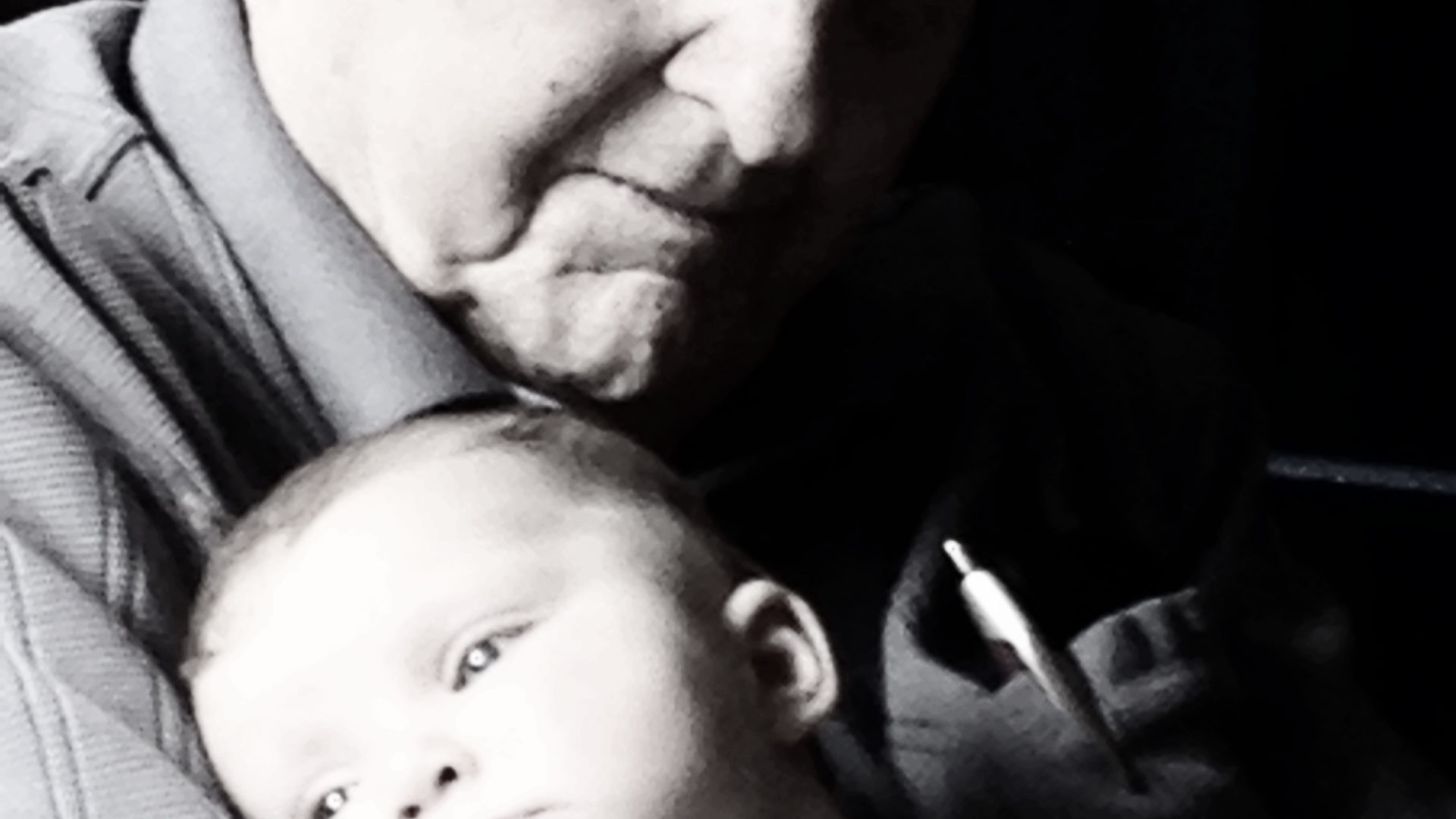My dad died last night. He would have been 91 later this month. I could fill a thousand blogs with stories about him and all of them would leave you feeling better about life. He was a superhero. We have a very narrow picture of superheroes today. Marvel and D.C. would have us believe that superheroes are larger-than-life characters with snappy costumes and snappier dialogue who always leave a trail of destruction in their wake as they save the day from a greater evil. My dad was a different kind of superhero – the quiet, humble kind who always left a trail of goodwill. When he walked into a life – and he walked into so many lives – he did so with grace, offering generous gifts of encouragement, kindness, and laughter. I think he would have gladly shared all three even if it meant he could keep none for himself. He was that kind of man. But he never ran out. There’s a character in a novel I’m writing who is based, in part, on my father. In recent years, dementia had begun to chip away at Dad’s brain. His long term memory was still pretty good. He knew his wife and his children (whom he continued to tease with impunity) and his grandchildren and even his great-grandchildren (that’s Luna in the picture above). And with little prompting, he could talk on and on about old friends. Or even invent stories about imaginary ones. But his short term memory was broken. “What’s on the schedule for today?” Then two minutes later, “What’s on the schedule for today?” If I added up all the times he asked his children, “How’s work going?” that number would require scientific notation [look it up] in order to fit in this blog. The repetition wore heavily on another superhero (my mom) and to a lesser degree on my sister (a superhero-in-training who lives near enough to my parents’ house to save the day when called upon) and the rest of us, but there was little we could do about it except exercise our patience muscles. (We all have rock-hard patience muscles these days. Just try me.) But here’s the thing – even with all that frustrating repetition, there was never any anger or malice or disappointment in my father’s words. His sincere interest in others, his desire to encourage, and his never-ending curiosity were simply stuck on repeat. “That’s a lovely dress, Marilyn. Is it new?” Nope. It’s still the same dress that wasn’t new the last five times you asked. “What’s for dinner?” Chicken. “What’s for dinner?” Chicken. “What’s for dinner?” Still chicken. “Look at that beautiful sunset.” Yes, it’s lovely. “Look at that beautiful sunset.” I am. (I wasn’t.) “Look at that beautiful sunset.” Sigh. Yes, it’s a lovely…oh. Oh. He was seeing it each time as if for the first time. Beauty on repeat. And that’s when the character for the novel appeared. (The working title is Beautiful Sky, Beautiful Sky.) Long before Evil Dementia first attacked my Superhero father, he was a famous athlete. Famous to me, anyway. We had a tiny basketball court just outside the sliding glass doors of our dining room. It was little more than a concrete slab, maybe ten feet by twelve, with a backboard and hoop attached to a gleaming, then rusting, silver pole positioned at the south end. My dad had a deadly accurate set shot. He was good at pretty much everything he did, from sports to music to writing bad poetry, though he would only acknowledge this in jest or to tease his children. I loved all the ways my family played together, but I think I loved playing one-on-one basketball with Dad the most. We had a little game that we played in addition to the one where you try to put the round ball in the circular hoop. Because neither of us was perfect, the ball would sometimes ricochet off the rim and bounce onto the grass, then make a beeline to the neighbor’s yard (if the grass was short – and Dad always took care of the lawn). Whenever this happened, we both would call out “I’ll get it” right away, fully meaning the opposite. It was a game of wills, a game of waiting to see who would give in and actually chase the ball, and it would often go on for more than a few rounds of “I’ll get it” before someone finally succumbed. Usually, my dad. He got a lot of exercise thanks to my unforced errors. (I’m not just talking about basketball now.) Some time during the night, last night, an errant shot bounced off the rim and rolled onto the grass, making a beeline for the neighbor’s yard. I can see the ball from here, leaning against the trunk of a tree that’s older than I, waiting. The air is thick with a strange kind of quiet. The kind that follows the death of a superhero. It is a sad quiet, yes. But a reverent one, too. And strangely, one of hope. There is encouragement in this thick air. Kindness too. And if you keep listening, you’ll hear laughter. Your own, most likely. He was that kind of man. I look over at the ball. I think he missed this shot on purpose. I’ll get it, Dad. I’ll get it.
